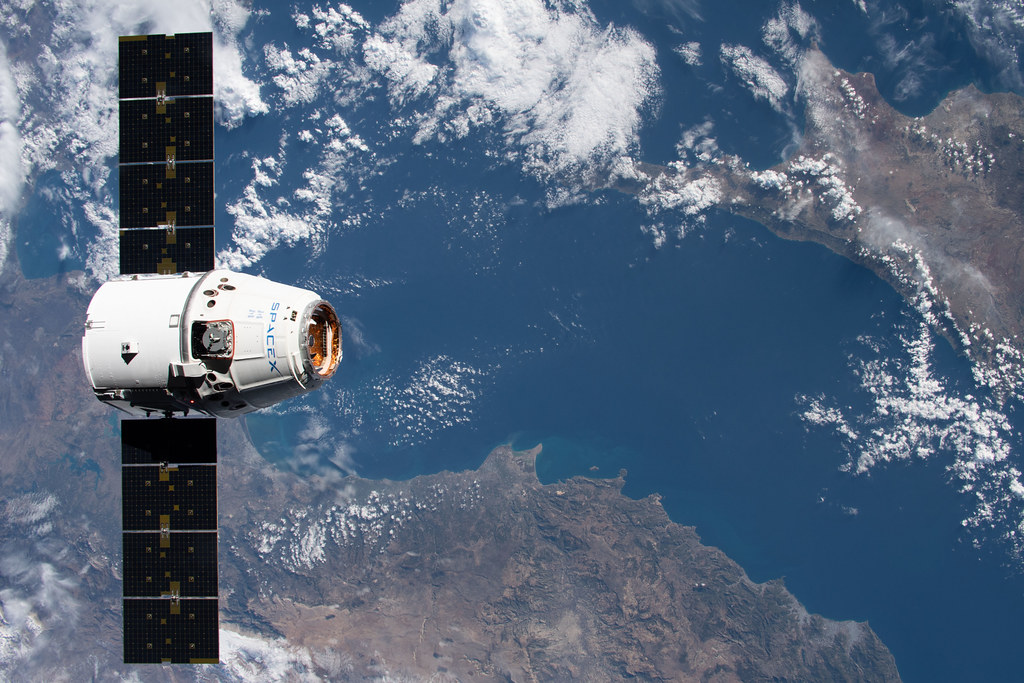
SpaceX is pushing back against rival AST SpaceMobile’s plan to test its next-generation satellite, raising concerns about flaws in the proposal that could endanger orbital safety. In a letter to the Federal Communications Commission (FCC) sent Thursday, SpaceX urged regulators to ensure that “enormous experimental satellites” meet all required standards.
The FCC is currently considering whether to grant AST an experimental license for its FM-1 satellite, a much larger and more powerful version of the company’s existing BlueBird satellites. Measuring 223 square meters, FM-1 is about three times bigger than AST’s earlier models. The new satellite is key to AST’s goal of delivering direct satellite connectivity to carriers like AT&T and Verizon starting as early as next year.
SpaceX Points to Debris and Collision Risks
While SpaceX said it doesn’t oppose the FM-1 satellite in principle, it criticized AST SpaceMobile’s application for serious shortcomings. One major issue concerns the satellite’s orbital debris mitigation plan. AST claims FM-1 would reenter Earth’s atmosphere within 2.9 years after completing its mission, but SpaceX used NASA software to calculate that the satellite would instead linger in orbit for 6.6 years — far beyond the FCC’s disposal rule for low-Earth orbit satellites.
SpaceX also argued that the FM-1’s real collision probability is close to ten times higher than AST has reported, increasing risks for other spacecraft operating at similar altitudes. Additionally, SpaceX criticized AST for failing to adequately address how such a large satellite could interfere with optical astronomy, although AST has been working with scientists to find solutions.
A Broader Rivalry Between SpaceX and AST SpaceMobile
The sharp criticism comes amid growing competition between SpaceX and AST SpaceMobile, especially as both companies race to develop satellite-to-cellular services. In its letter, SpaceX stressed that AST should meet the same strict standards the FCC applied to SpaceX’s own second-generation Starlink satellites.
AST SpaceMobile did not immediately respond to requests for comment. However, in a previous filing last October, AST accused SpaceX of using “anti-competitive tactics to intimidate and bully its competitors, regulators, and cellular operators.”
Meanwhile, the FCC has found AST’s FM-1 application incomplete and sent the company 10 follow-up questions, which must be answered by April 15. The FM-1 satellite, originally expected to launch in the second quarter of this year, has now been delayed until July.
Author’s Opinion
It’s understandable that SpaceX wants to maintain high safety standards, but the tone of its criticism risks making the satellite industry even more combative. With both companies aiming to expand global connectivity, SpaceX and AST could benefit from more open dialogue and collaboration to solve mutual challenges like orbital debris. In the long run, space will be safer if rivals work together — not just compete.
Featured image credit: NASA Johnson via Flickr
Follow us for more breaking news on DMR
